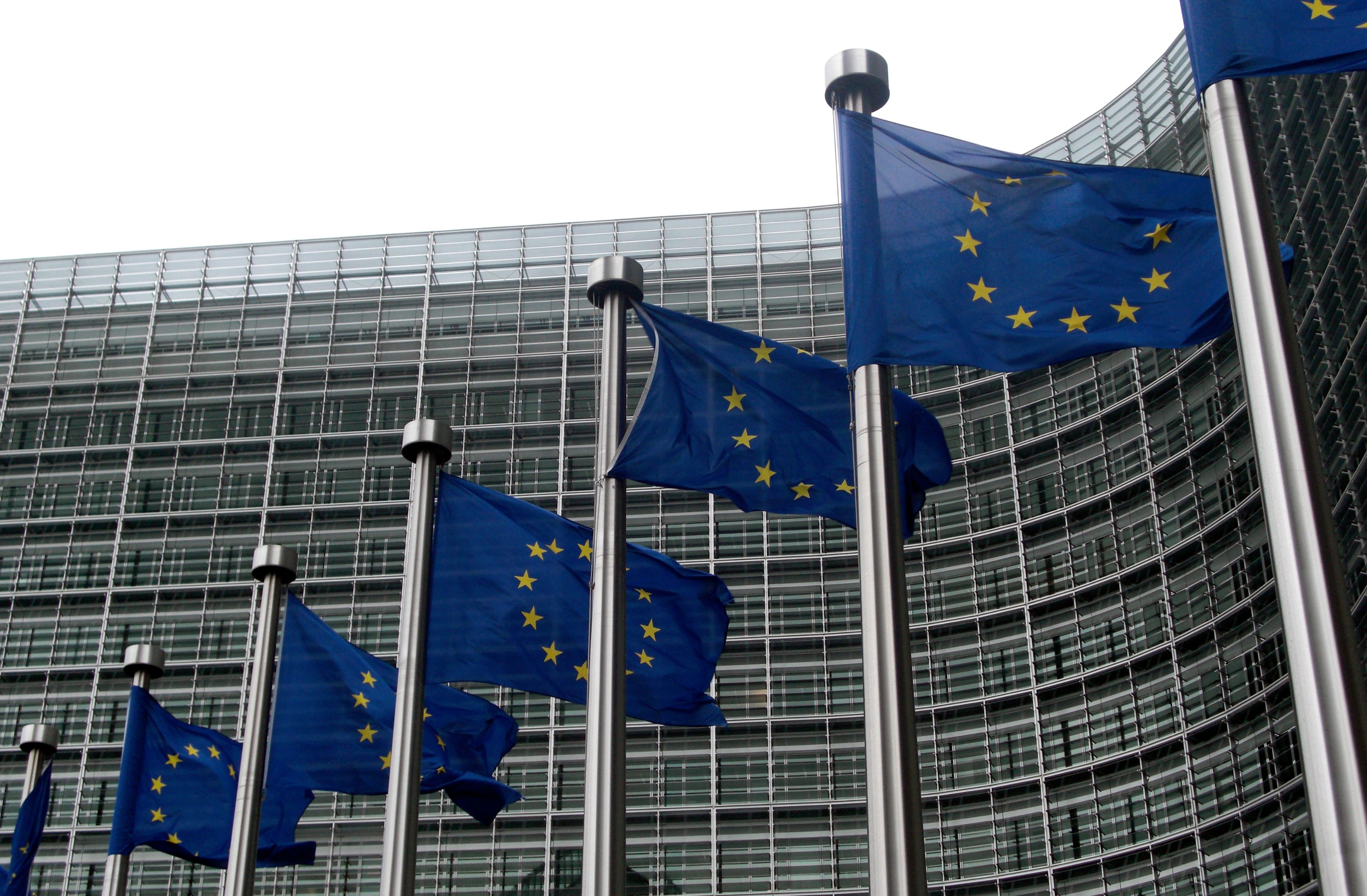LOC14:05
11:05 GMT

BRUSSELS, July 24 (KUNA) -- The European Union called on Thursday China to take concrete steps to address the imbalance in bilateral trade relations during the 25th EU-China Summit, held in Beijing to mark the 50th anniversary of the establishment of diplomatic relations between the two sides.
In a statement, the EU noted that the volume of trade with China reached EUR 730 billion (USD 857 billion) in 2024, but the trade deficit in goods stood at EUR 305 billion (USD 358 billion), describing it as a "significant imbalance."
The EU stressed that "current trade relations remain critically unbalanced," urging Beijing to address "systemic distortions and growing manufacturing overcapacity" that are undermining fair competition.
The EU also called on China to take swift action to improve market access for European companies in key sectors such as meat, cosmetics, and pharmaceuticals, while stressing the need to end what it described as "unjustified and retaliatory trade defense measures" against EU exports like pork and dairy products.
Furthermore, the EU urged China to lift export restrictions on rare earths and permanent magnets, stating, "These measures harm European supply chains."
On the political front, the EU expressed its "deep concern" over the ongoing Russian war against Ukraine, emphasizing, "This war is not only an existential threat to Ukraine, but also to global security."
The statement reiterated the EU's call for China not to provide any material support that sustains Russia's military-industrial base, stressing that as a permanent member of the UN Security Council, China has a "special responsibility to uphold the international rules-based order and the UN Charter."
Regarding Taiwan, the EU reaffirmed its commitment to the One China Policy but also voiced "growing concern" over rising tensions in the Taiwan Strait.
It emphasized its opposition to "any unilateral attempts to change the status quo by force or coercion," and called for disputes to be resolved peacefully in accordance with international law, especially the United Nations Convention on the Law of the Sea (UNCLOS).
The EU also expressed "deep concern" about the human rights situation in Xinjiang and Tibet, the treatment of human rights defenders and minorities, and the "continued erosion of fundamental freedoms in Hong Kong."
The EU welcomed the 40th session of the EU-China Human Rights Dialogue, held on June 13 in Brussels, which allowed for an "in-depth exchange on a number of issues, including individual cases of concern." (end)
arn.gta